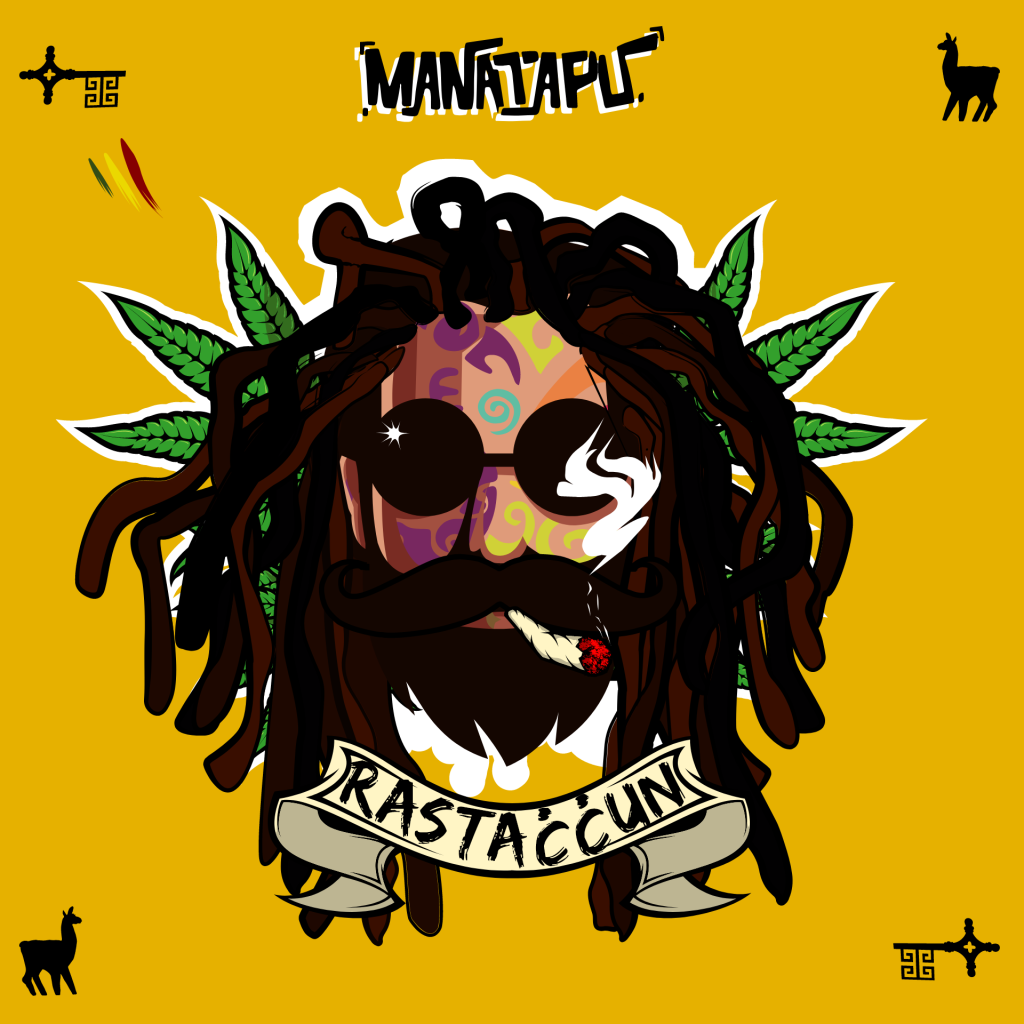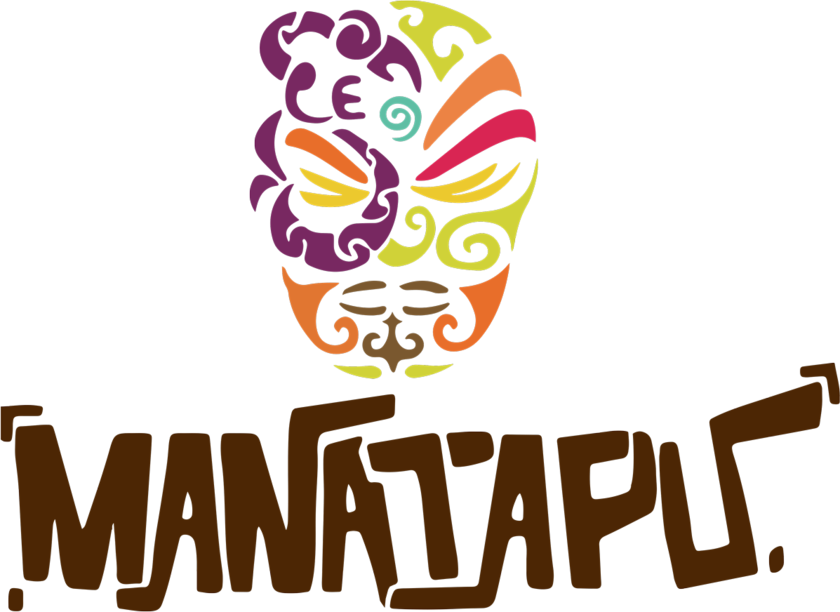Apart from that, nobody who registers the same name as a trade mark can ever accuse Manatapu of trade mark infringement because what Manatapu own is known as a “pre-existing right” from their use in Malta and beyond. I quote from Maltese law which is the same as in the EU and other countries in the world:
A trademark shall not entitle the proprietor (i.e. claimant) to prohibit a third party (all of us) from using, in the course of trade in Malta, an earlier right, if the right is recognised by law and if, or to the extent that, its use is protected by virtue of any rule of law.
(b) For the purposes of this sub-article an “earlier right” means an unregistered trademark or other sign continuously used in relation to goods or services by a person or his predecessor in title from a date prior to whichever is the earlier of – (i) the use of the first-mentioned trademark in relation to those goods or services by the proprietor or his predecessor in title; or (ii) the registration of the first-mentioned trademark in respect of those goods or services in the name of the proprietor or his predecessor in title.
Apart from that Maltese and EU law recognise that there is no infringement of a trade mark if a person refers to something by its brand name (this was upheld by the CJEU in BMW v Deenik which allowed the respondent to use the BMW name to refer to his services in BMW cars without needing BMW permission). This rule is found in the EU trade mark Regulation 2017/1001:
“14.1 An EU trade mark shall not entitle the proprietor to prohibit a third party from using, in the course of trade:
(c) the EU trade mark for the purpose of identifying or referring to goods or services as those of the proprietor of that trade mark, in particular, where the use of that trade mark is necessary to indicate the intended purpose of a product or service, in particular as accessories or spare parts.”
This is repeated in Article 16 of the Maltese trade mark law, Chapter 597 of the Laws of Malta:
16. A trademark shall not entitle the proprietor to prohibit a third party from using, in the course of trade:
(c) the trademark for the purpose of identifying or referring to goods or services as those of the proprietor of that trademark in particular where the use of the trademark is necessary to indicate the intended purpose of a product or service in particular as accessories or spare parts.
Any venue or festival always referred to the Manatapu trade mark belonging to the band which is based in Malta which enjoy a pre-existing right to that being claimed by the claimant.
One must also note that the claimant’s EU trade mark does not cover “live performance” under class 41 because this was successfully removed by Manatapu’s opposition to the mark. So, he has no basis there. Furthermore, when festivals tickets, they do so under their brand and not Manatapu.




